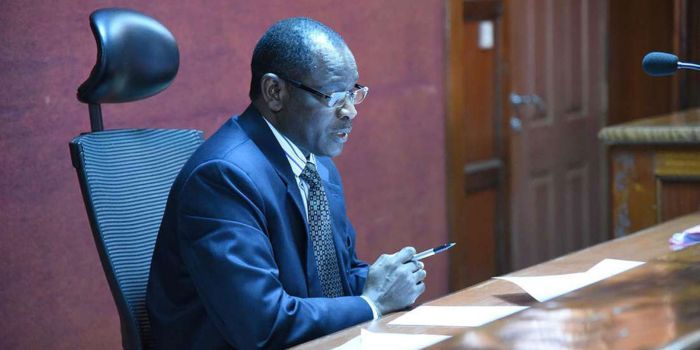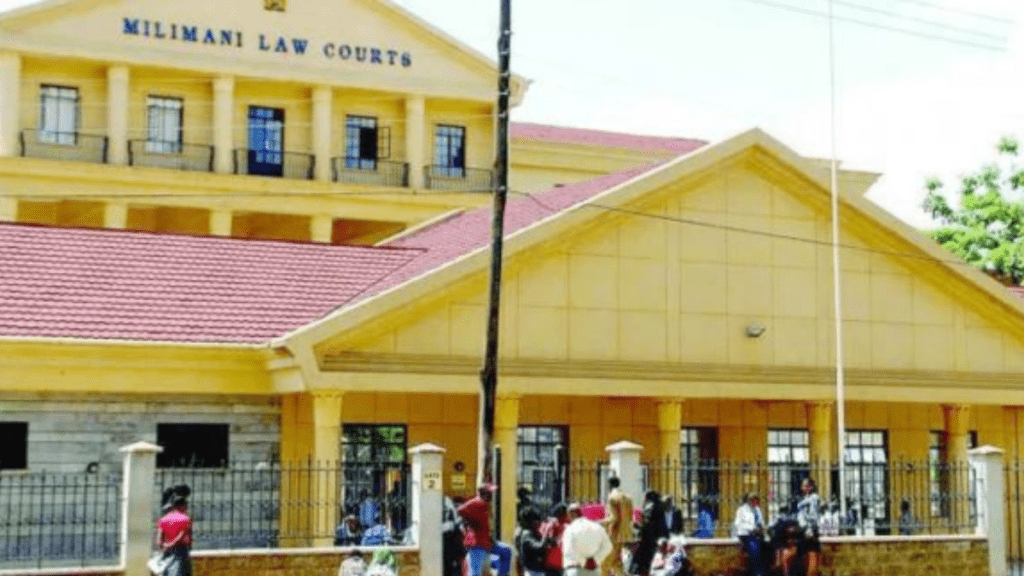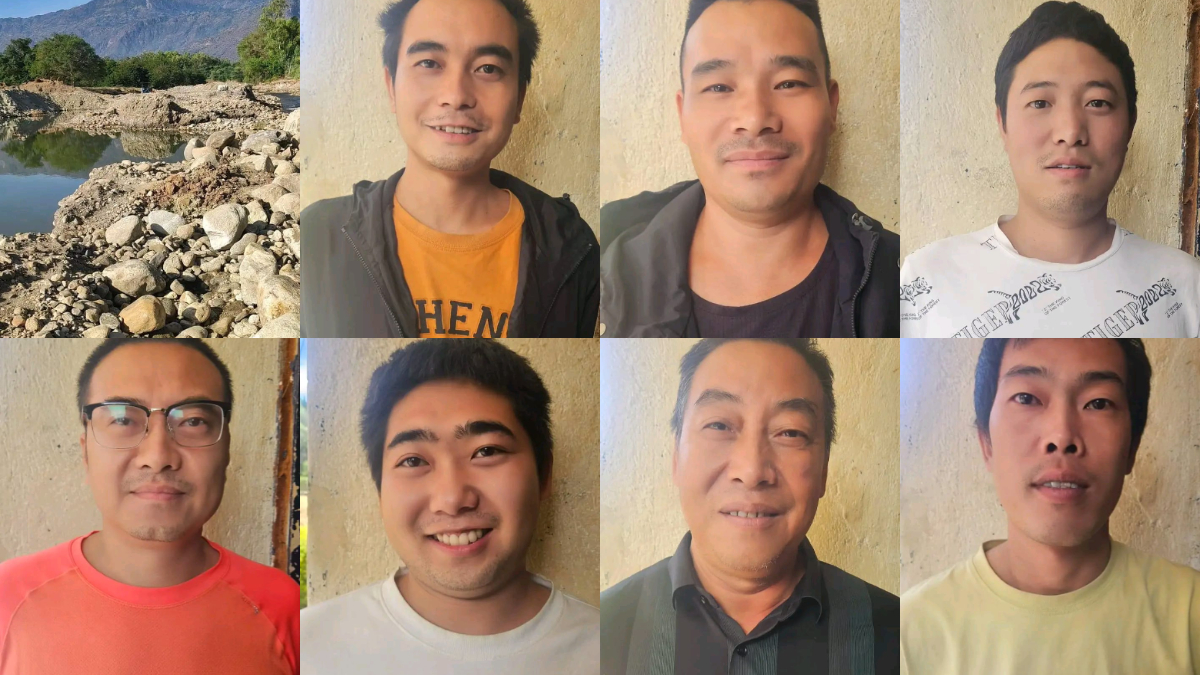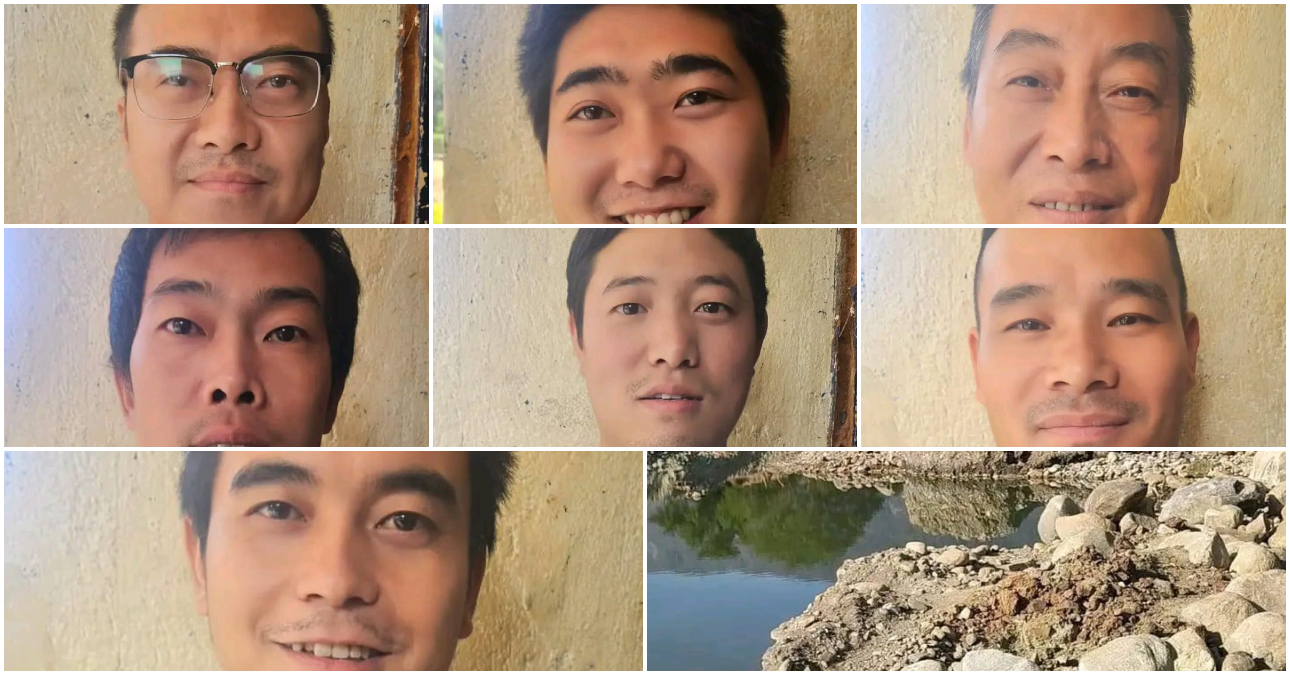The High Court at the Milimani Law Courts in Nairobi, on Wednesday, March 20, 2024 declined to issue conservatory orders on housing levy deductions.
This was after Magare Gikenyi, Pauline Kinyanjui and 3 other petitioners filed a case in court seeking a stay order to prevent the government from deducting 1.5 percent housing levy from employed Kenyans.
The case was filed after President William Ruto signed the Affordable Housing Bill into law on Tuesday, March 19, 2024.
In his ruling, Justice Chacha Mwita instead of issuing conservatory orders, stated that the matters being raised by the petitioners were very crucial and needed to be addressed urgently.
“It is hereby ordered that pleadings be served to all parties immediately and that respondents and interested parties file responses to the application and petition within 7 days after service,” Justice Mwita directed.

Cabinet secretaries for the Lands Ministry and National Treasury were listed among the 22 respondents in the petition.
Therefore, Lands CS Alice Wahome and her National Treasury counterpart Njuguna Ndun’gu and other respondents have seven days to file and serve written submissions to the petition not exceeding 15 pages.
In their petition, the petitioners argued that the national government has now taken over the housing function from county governments.
Additionally, they accused the national government of collecting the housing levy from Kenyans, instead of the Kenya Revenue Authority (KRA) that is mandated to collect taxes.
“The Affordable Housing Act has proceeded to impose a levy which was rejected by the majority during public participation hence rendering public participation a cosmetic procedure and a waste of public resources,” read part of the court papers.
According to the petitioners, the Housing Fund has been established with a faulty legal framework and structures for implementation, making its application a matter for the executive’s discretion.
“For all practical purposes, the fund subjects employees and other income earners to cruel, inhuman and degrading treatment, which is tantamount to servitude,” they noted in court documents.

They further argued that the new housing law is discriminatory because it outlaws corporations from owning houses under the affordable housing program, yet they pay taxes.
In addition, petitioners maintained that an individual’s salary is their private property and that the tax is unreasonable and unconstitutional because it forces workers to contribute to mortgages for houses they do not need.
“Some of the employees already own houses or are servicing mortgages, or they stay in staff houses provided by their employers, or they earn housing allowances paid by their employers,” the petition reads.
Meanwhile, the petitioners want the Kenya Kwanza government to be barred from evicting Kenyans from public land for purposes of establishing affordable houses.











